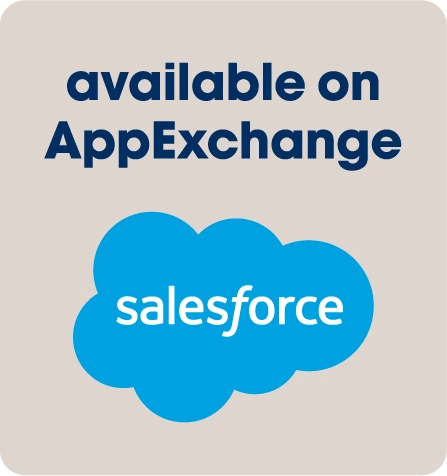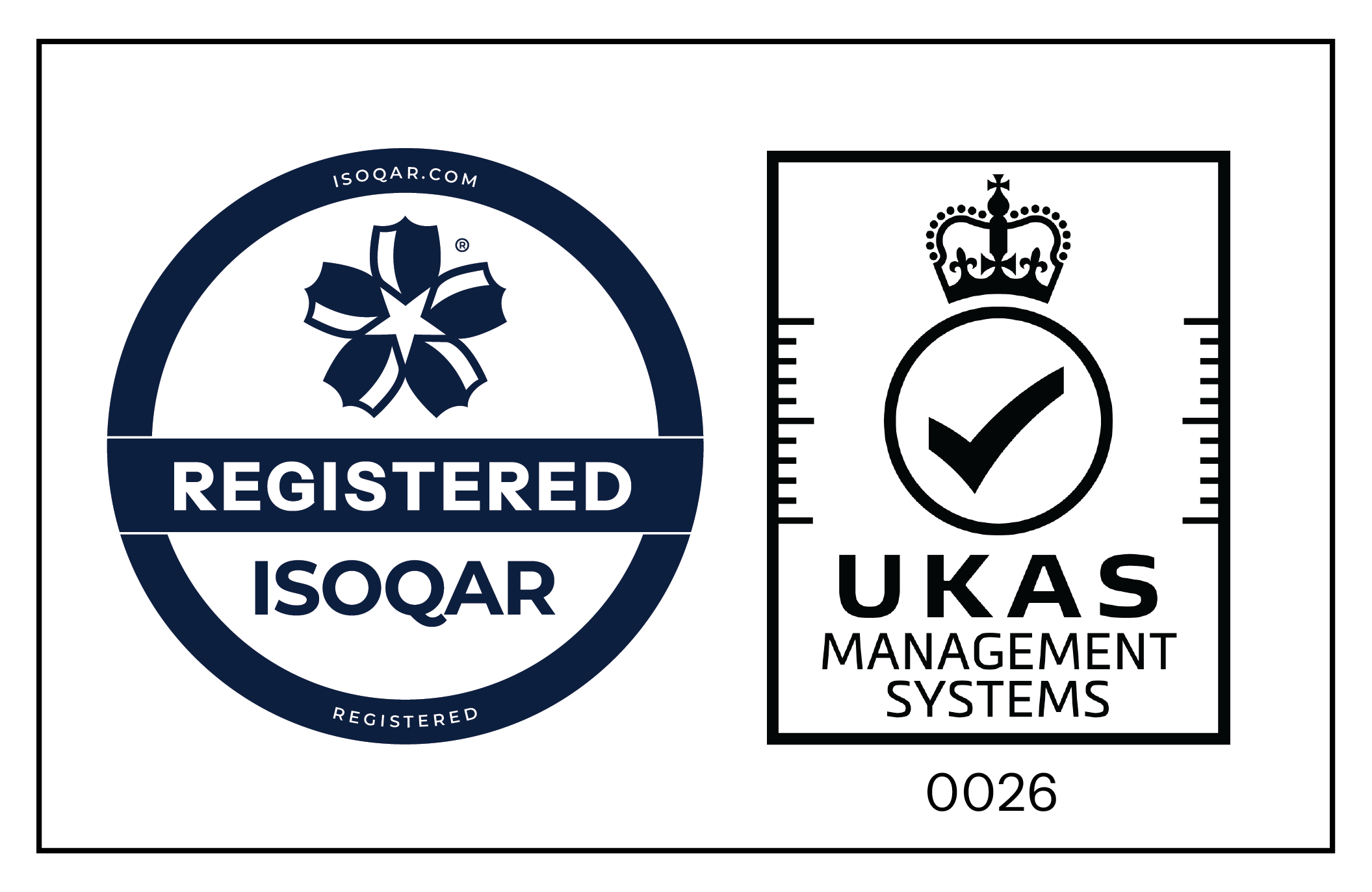With patient data being one of the most crucial in the healthcare scene, there is an imperative need for certain systems to dedicatedly manage them, ensuring data security and compliance, and taken care of, rightly.
And not only is the quality of the healthcare data important, but the quantity is of equal weight here. According to the RBC Capital markets, currently, around 30% of global data is produced by the healthcare sector. By 2025, the data growth rate in healthcare is projected to hit an annual increase of 36%. This rate is 6% quicker than in manufacturing, 10% more rapid than in financial services, and 11% faster than in media and entertainment.
Sighting the quality and upcoming quantity of this data, electronic health record systems (EHRs) play a very important role. And more than that, the integration of EHR systems into other crucial platforms like Salesforce is becoming more prevalent. This blog explores what is an EHR, the key considerations, and best practices for securing EHR systems in healthcare during their integration with Salesforce, ensuring compliance with healthcare regulations.

What is an EHR in Healthcare?
What is an EHR? The answer is simple. Electronic health records (EHRs) are digital versions of patients’ paper charts. They are real-time, patient-centered records that make information available instantly and securely to authorized users. EHR systems in healthcare consolidate information from several healthcare providers to offer a more comprehensive patient history.
Unlike paper records, EHRs contain a patient’s medical history, diagnoses, medications, treatment plans, immunization dates, allergies, radiology images, and laboratory and test results. The main purpose of EHRs is to streamline the clinical operations of a healthcare provider, improve accuracy and patient care, reduce the chances of data replication, and ensure that the data is updated, accurate, and legible. EHR systems are also designed to support other care-related activities directly or indirectly through various interfaces, including evidence-based decision support, quality management, and outcomes reporting.
The Importance of EHR Systems in Healthcare
Salesforce EHR Integration
Benefits of EHR Integration with Salesforce

- Improved Patient Engagement: Salesforce’s robust CRM capabilities allow healthcare providers to manage patient relationships more effectively, leading to improved communication and engagement. When integrated with EHR, providers can access complete patient histories, including past interactions and health records, to tailor communications and interventions specifically to individual needs.
- Enhanced Data Accessibility: Integrating EHR systems with Salesforce puts comprehensive patient data at the fingertips of healthcare providers. This ensures that every team member—from doctors to customer service reps—has access to the same up-to-date patient information, facilitating a more coordinated and efficient approach to patient care.
- Streamlined Operations: Salesforce offers automation tools that can streamline many routine tasks such as scheduling, follow-ups, and patient notifications. By integrating these tools with EHR systems, healthcare organizations can reduce administrative overhead, minimize manual errors, and allocate more time to patient care.
- Personalized Patient Care: With Salesforce’s advanced analytics and EHR’s detailed patient data, healthcare providers can offer more personalized care plans. This integration allows for the analysis of large volumes of health data to identify trends, predict outcomes, and tailor treatments to individual patient needs.
- Increased Compliance and Security: Salesforce complies with various industry standards and regulations, including those applicable to healthcare data such as HIPAA in the United States. Integrating Salesforce with EHR systems helps ensure that patient data is handled securely across all platforms, maintaining the confidentiality and integrity of sensitive information.
Challenges of EHR Integration
- Data Security: Patient data is highly sensitive. Ensuring that this data is securely transferred and stored in Salesforce is critical. Data encryption, both in transit and at rest, is a fundamental requirement.
- Compliance with Regulations: Healthcare data is subject to stringent regulatory requirements, including HIPAA as already stated above. Compliance with these regulations is non-negotiable and requires that both EHR systems and Salesforce adhere to these standards.
Best Practices for Ensuring Data Security and Compliance in Salesforce EHR Integration
1. Use Secure Integration Methods:
Employ secure and reliable methods for integrating EHR systems with Salesforce. Consider using Salesforce-approved and native tools and connectors that maintain high-security standards and are compatible with healthcare compliance requirements like 200 OK.
2. Data Encryption:
3. Audit Trails:
4. Secure APIs:
Wrap-up
The integration of EHR systems with Salesforce offers significant benefits for healthcare providers, but it must be approached with a keen focus on security and compliance. By adhering to best practices for data security and regulatory compliance, healthcare organizations can leverage the strengths of both electronic health record systems and Salesforce, thereby enhancing their service delivery without compromising patient privacy or data protection.
By utilizing a platform like 200 OK, a native, no-code Salesforce integration platform, healthcare providers can streamline their EHR integration processes, ensuring that they are both effective and compliant with the necessary health data standards. This integration empowers healthcare professionals to focus more on patient care and less on administrative burdens, paving the way for a more efficient and secure healthcare system.
Go beyond data silos, get in touch with our product experts today!







